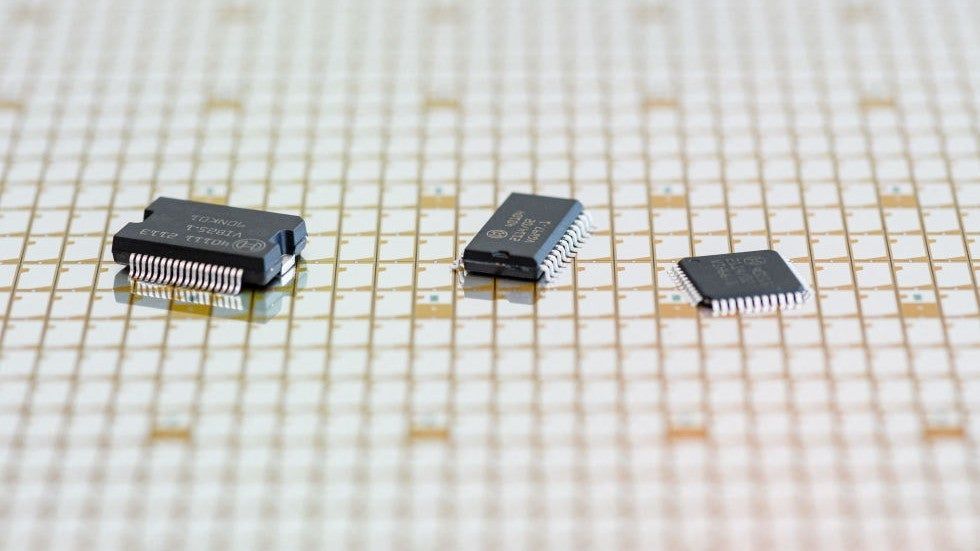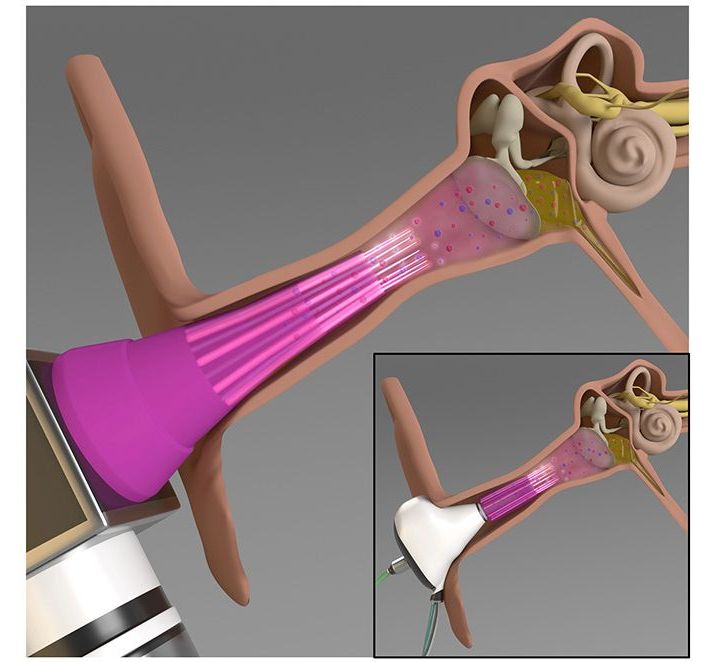Answer.
Financially motivated cybercriminals are increasingly turning to Cobalt Stike, a legitimate tool that cybersecurity professionals use to test system security, researchers at Proofpoint found.
The cybersecurity firm declined to disclose specific numbers but reported a 161% increase in attacks using Cobalt Strike in 2020 compared to 2019. Proofpoint researchers have already seen tens of thousands of organizations targeted by the tool this year and expect those numbers to climb in 2021, according to the report the firm released Tuesday.
Threat groups are able to get ahold of the tool from pirated versions circulating the dark web, according to Sherrod DeGrippo, senior director of threat research and detection at Proofpoint.






